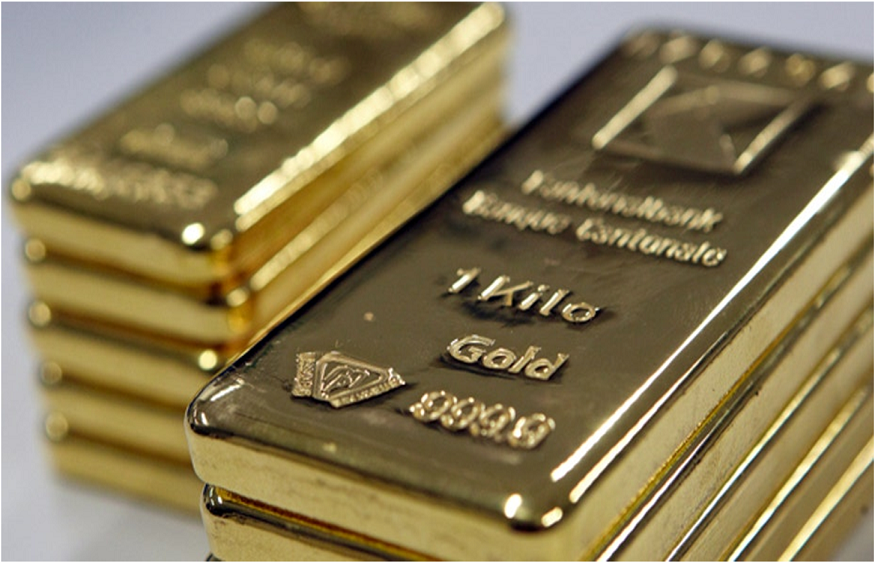In an uncertain and ever-changing economic landscape, investors are constantly looking for ways to protect and grow their wealth. One investment option that has stood the test of time, as well as proven its worth, is precious metals. Palladium, platinum, silver, or gold, has been regarded as a safety net throughout history, attracting investors looking for a hedge, diversification, and stability against inflation.
This article will take a closer look at the merits of investing in precious metals and why they continue to be an important component of a well-rounded investment portfolio.
To find out more the future of these minerals in the United States, click here for details.
Historical significance
These things have played an important role in wealth preservation, commerce, and trade for thousands of years. Gold, in particular, has been revered as a symbol of power and wealth across different civilizations. Ancient societies like the Roman or Egyptian Empire used silver and gold coins as a medium of exchange, further cementing the enduring value of these things.
Over time, their allure has not diminished, making them a reliable store of value in both turbulent and prosperous economic times.
Diversification and Safe Haven
One of the primary reasons people turn to these elements is their status as a safety net asset. When financial markets experience volatility or geopolitical tensions escalate, people tend to look for refuge in assets that have historically held their stored value.
Gold, silver, platinum, or palladium often performs well during periods of economic uncertainty or market collapse. It acts as a counterbalance to more conventional investments like bonds, stocks, or paper money. Furthermore, these things offer diversification benefits.
Diversifying one’s investment portfolio by including assets with low correlation to others can help minimize overall risks. In this regard, gold, silver, platinum, or palladium plays an important role, as they end up moving independently of other asset classes. When bonds, stocks, or paper money suffer losses, these assets can act as a safety net, mitigating the impact on the portfolio.
Click https://www.fool.com/investing/how-to-invest/bonds/bonds-vs-stocks/ to know more about bonds and stocks.
Inflation safeguards
Another compelling reason to invest in these assets is their effectiveness as an inflation safeguard. When the general price level of services and goods rises, the purchasing power of paper money or fiat currency erodes. In contrast, the intrinsic value and scarcity of these elements tend to hold steady or even increase during inflationary periods. As a result, owning these things can help preserve wealth and maintain purchasing power over the long term.
Physical versus paper investment
Investors interested in these elements have two primary avenues: physical ownership and paper investments. Physical ownership involves purchasing bullion coins or bars and storing them in secure locations. Owning tangible metals provides a sense of security, as it eliminates counterparty risk associated with paper underwriting.
On the other hand, paper underwriting include ETFs or Exchange-Trade Funds, mining stocks, and mutual funds. These options provide exposure to precious metals without the need for physical storage, making them more convenient for some individuals, as the value is dependent on the issuer’s financial stability.
Risks and considerations
While investing in gold and silver offers a lot of benefits, investing in them also carries certain considerations and risks. The prices of metals can be highly volatile, subject to market forces, global economic conditions, and demand and supply dynamics.
Additionally, changes in government policies, as well as regulations like import or export restrictions, can affect the performance of these elements. Individuals should also be mindful of the opportunity cost when allocating a significant portion of their portfolio to gold, silver, platinum, or palladium. While they can serve as a safe haven and a hedge, an excessive concentration of these assets may limit possible returns compared to a more diversified portfolio.
Conclusion
Investing in precious metals can provide a time-tested strategy for preserving wealth, diversifying a portfolio, and safeguarding against inflation and economic uncertainties. As with any investment, it is very important to carefully consider individual financial goals, time horizons, and risk tolerance before allocating funds to precious metals.
By striking the right balance between conventional investments and the stability of these elements, investors can position themselves for a more resilient and secure financial future. In today’s fast-changing world, financial stability is very important, and precious metals can give people a lot of leeway and a safety net against geopolitical tensions and financial crisis.






More Stories
Simple Tool for Planning Your Mutual Fund Investments: SIP Calculator
Understanding Nifty 150 Momentum 50: A Comprehensive Guide for New Investors
Why Mutual Fund Investment Apps are the Smart Choice?